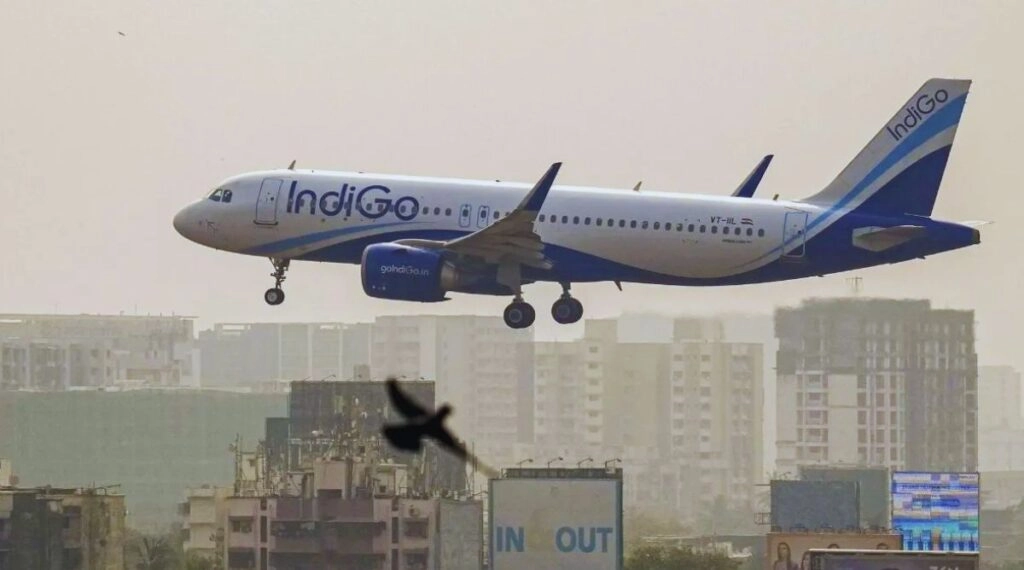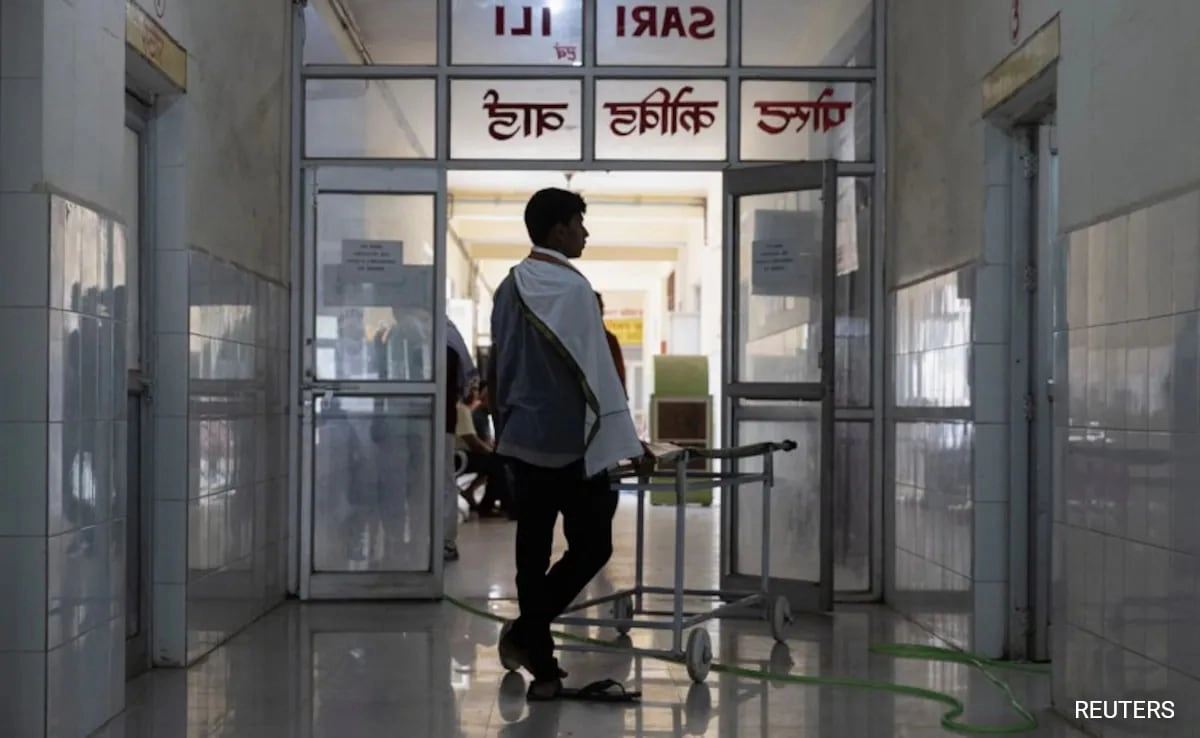In a recent statement, U.S. Congressman Ro Khanna issued a stern warning to Pakistan following the military operation known as Op Sindoor, which aimed to address security concerns in the region. Khanna’s remarks come at a critical juncture, emphasizing the importance of restraint and diplomacy over retaliation. He underscored that the complexities of international relations require careful navigation, particularly when it comes to military actions that can escalate tensions between nations. The Congressman highlighted the devastating consequences that can arise from retaliatory measures, urging both Pakistan and other involved parties to prioritize dialogue and peaceful resolutions.
Khanna’s warning is particularly significant given the historical backdrop of U.S.-Pakistan relations, which have often been fraught with tension and misunderstanding. He called for a renewed commitment to communication and cooperation, noting that both countries have much to gain from a stable and peaceful relationship. The Congressman expressed concern that retaliatory actions could undermine any progress made in diplomatic efforts and potentially lead to a cycle of violence that would be detrimental to the region’s stability. By advocating for restraint, Khanna is not only addressing the immediate aftermath of Op Sindoor but also promoting a long-term vision for peace in South Asia.
Furthermore, Khanna’s message resonates with broader international calls for de-escalation and conflict resolution. The Congressman emphasized that the U.S. has a role to play in facilitating constructive dialogue between India and Pakistan, given the historical context of their rivalry. He pointed out that both nations must recognize the shared interests they have in economic development, security, and regional stability. By fostering an environment conducive to cooperation, Khanna believes that it is possible to move beyond cycles of retaliation and violence.
In conclusion, Congressman Ro Khanna’s warning serves as a timely reminder of the potential consequences of military action in an already volatile region. By advocating for restraint and dialogue, he is urging both Pakistan and its neighbors to adopt a more measured approach, one that prioritizes diplomacy over aggression. The future of U.S.-Pakistan relations and regional stability may depend on the ability of leaders to heed this call and work towards a more peaceful coexistence. As tensions continue to simmer, Khanna’s emphasis on non-retaliation may pave the way for a more constructive and collaborative relationship in the years to come.




